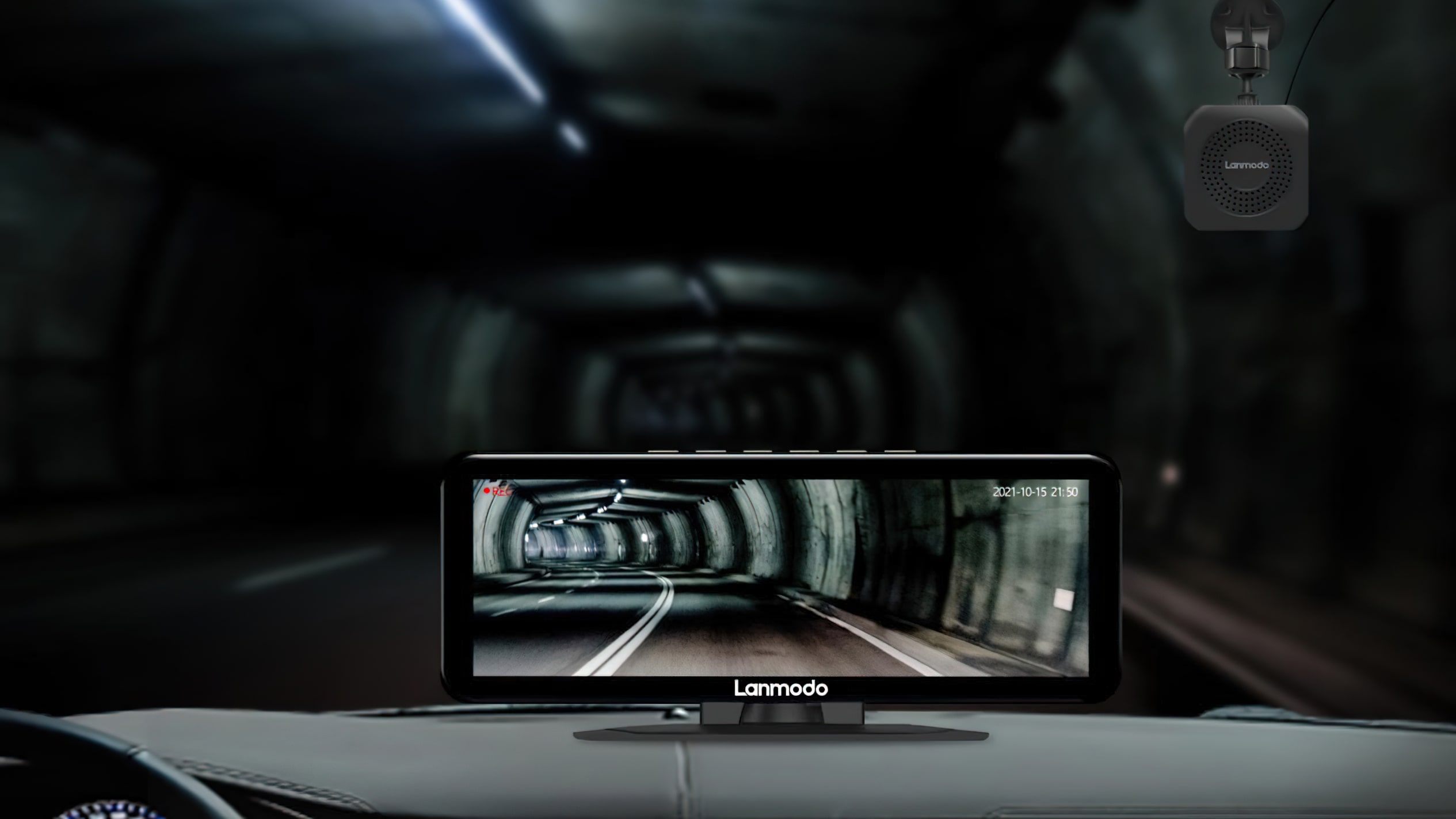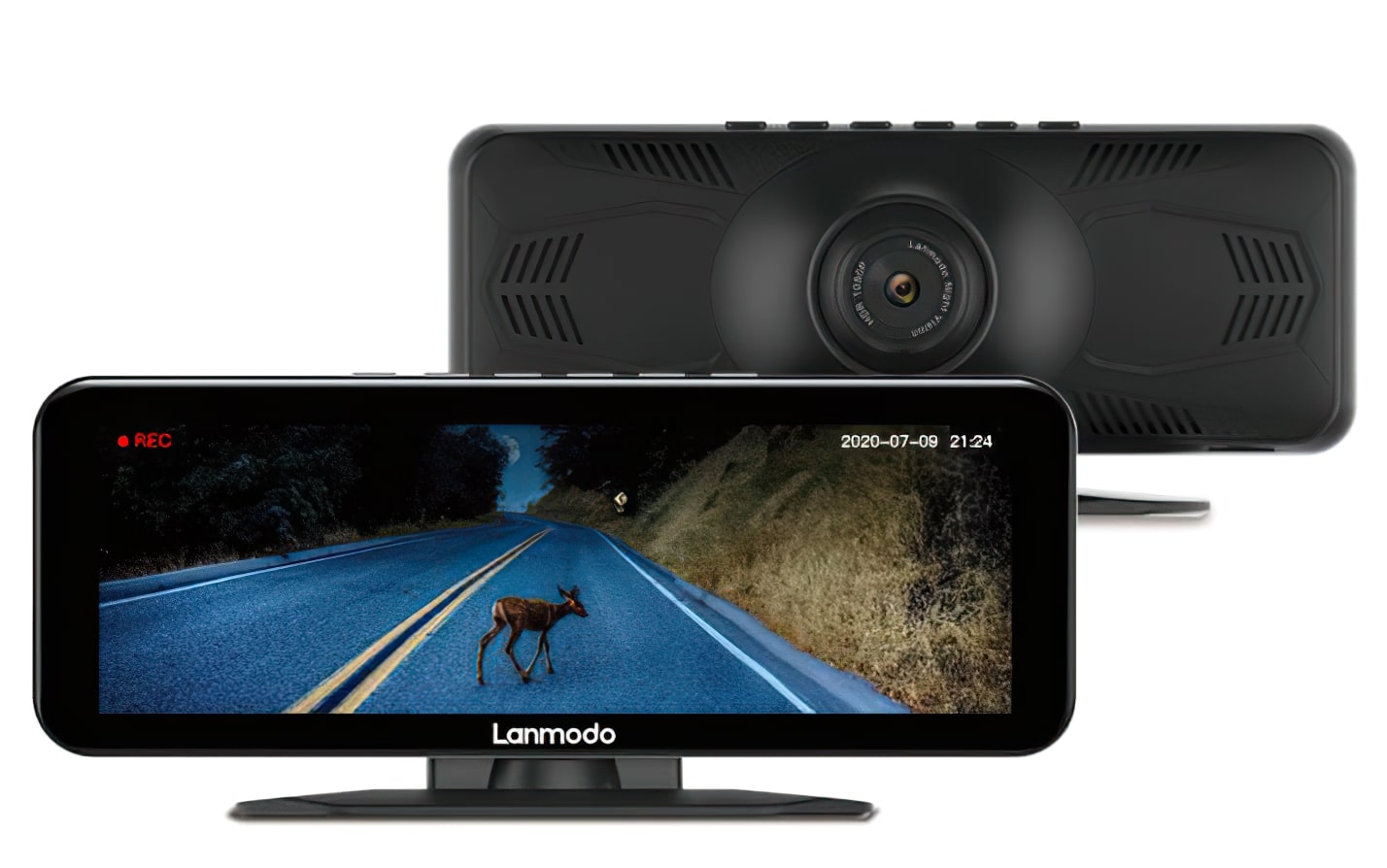
When I examined Adata’s XPG SX6000 Pro SSD on the finish of final 12 months, I known as it a tempting funds various to a few of our best gaming SSD champions such because the Samsung 970 Evo and WD Black 3D. The similar may be mentioned of Adata’s new XPG SX82000 Pro, which is extra upmarket than its SX6000 Pro sibling with its claimed sequential speeds of as much as 3500MB/s learn and 3000MB/s write, however continues to be chunk of change cheaper than both the 970 Evo, WD Black 3D or WD’s newest NVMe SSD, the Black SN750. Can it compete on on a regular basis random speeds, although? Let’s have a look.
Available in 4 sizes – 256GB, 512GB, 1TB and 2TB – the SX8200 Pro instantly units itself other than different NVMe SSDs by coming with its personal heatsink strip within the field. The thermal compound is pre-applied, too, so all you must do is stick it on, giving it a sleeker look and (theoretically) higher cooled innards within the course of.
Indeed, the 512GB mannequin of the XPG SX8200 Pro I used to be despatched for evaluation put in a really respectable efficiency in AS SSD’s 1GB sequential check with the heatsink utilized, ending with a learn time of 2030MB/s and a write time of 2161MB/s. The former won’t sound significantly nice given its supposed ceiling of 3500MB/s, all instructed, however a number of different NVMe SSDs I’ve examined in my Intel Core i5-8600Okay, 16GB RAM system with comparable mid-3000MB/s sequential learn instances have all come out a lot the identical approach, together with the WB Black 3D, WD Black SN750 and Samsung 970 Evo Plus. Only the common 970 Evo has come wherever near its claimed 3500MB/s sequential learn time, and even then I solely recorded a rating of 2954MB/s at time of testing.
The SX8200 Pro’s sequential write time, nevertheless, is just about bang on for this specific measurement capability, which truly has a decrease claimed pace of 2300MB/s in comparison with its bigger, sooner siblings.
But as I’ve identified in practically each SSD evaluation I’ve written, sequential speeds are solely half the story. Instead, it’s an SSD’s random learn and write speeds I’m extra involved with, as these are the sorts of speeds you’re more likely to see throughout on a regular basis use. They aren’t practically as attractive as the numerous 1000’s of MB/s quoted for its sequential speeds that get slapped on the field, however for me, they’re an important factor in figuring out whether or not one thing’s truly price your hard-earned money or not – and fortuitously for the XPG SX8200 Pro, it virtually actually is.
In AS SSD’s 1GB 4K random check, for instance, the XPG SX8200 Pro completed with a formidable random learn pace of 62MB/s. That’s 38% sooner than the WD Black SN750 and 16% sooner than the Samsung 970 Evo. In reality, it’s the quickest random learn pace I’ve ever recorded for an NVMe SSD, which is excellent contemplating how less expensive it’s than both of its primary rivals.
But – and there may be virtually all the time a ‘but’ in conditions like this – the compromise comes on its random write pace. Not {that a} random write pace of 146MB/s is something to smell at, I ought to say, as that is nonetheless higher than what I recorded for Samsung’s 970 Evo Plus. It is, nevertheless, very a lot on par with Adata’s cheaper XPG SX6000 Pro, and a small however not insignificant margin behind its primary rivals – 12% within the case of the WD Black SN750, and 13% slower than Samsung’s common 970 Evo.
The XPG SX8200 Pro additionally fell behind on each learn and write speeds in CrystalDiskMark’s extra intensive 1GB 8-thread-8-queue random check, the place it got here in with outcomes of 1370MB/s learn and 1430MB/s write. WD’s Black SN750, alternatively, managed within the area of 1500MB/s on each counts, whereas the 970 Evo was even additional forward with a pair of 2000MB/s scores.
Admittedly, CrystalDiskMark’s check is way more befitting of the sort of workload you would possibly see on a server or workstation, so it’s unlikely you’d wish to scrimp and save on an SSD on this case and go for one thing just like the SX8200 Pro – particularly when Adata don’t present any endurance score figures for this specific mannequin (even when it does get the identical 5 12 months guarantee as all the pieces else available on the market).
For common use, alternatively, I feel I’d be okay with spending rather less on this case, particularly when the XPG SX8200’s random write speeds aren’t actually that far behind its primary competitors. The Samsung 970 Evo has the sting by way of total worth on the 250GB finish of the dimensions spectrum, being solely £7 / $8 more than the £59 / $70 SX8200 Pro right here, however if you’re spending one other £20 / $20 for 500GB, I reckon Adata’s cheaper £93 / $100 512GB providing is way extra compelling. The value hole solely will get greater if you transfer as much as 1TB, too, the place the Adata will set you again £178 / $200 at time of writing in comparison with Samsung’s £225 / $250 and WD’s £229 / $250.
With financial savings like this, the SX8200 Pro is an absolute steal at these capacities, particularly given its superior random learn speeds and solely mildly slower random write speeds. If you’re searching for an important worth NVMe SSD for both below £100 / $100 with the 512GB stick or below £200 / $200 with the 1TB mannequin, the Adata XPG SX8200 Pro is a troublesome act to beat, incomes it a spot in each value classes on my best gaming SSD checklist.





